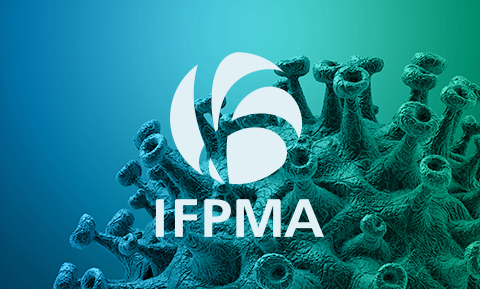Delivered by: Thomas Cueni, Director General, International Federation of Pharmaceutical Manufacturers & Associations
Based on your experience with the COVID-19 pandemic, what do you believe should be addressed at the international level to better protect against future pandemics?”
While we have been part of the largest and most rapid global vaccine rollout in history, we know that society expects us to act even faster and much better in terms of equitable rollout in the future. All stakeholders have a collective responsibility in this endeavour.
Firstly, we must build on the successes of the R&D ecosystem: the industry developed multiple safe and effective vaccines and treatments against COVID-19 and scaled up their production in record time. Many years of investment created the mRNA and viral vector technologies. We need to make sure that the IP-based innovation ecosystem is not undermined. The regulatory system also played a critical role, but if we want to succeed in the 100 Day Mission, more streamlining, reliance and less duplication is needed.
Secondly, we need to to strength the global procurement and delivery capabilities in almost every country. While COVAX has delivered around 1.5 billion vaccines to lower-income countries, it would have been quicker if funding had been available earlier. International support must ensure that health systems in lower income countries are better prepared for future pandemics.
Finally, the world needs to show more solidarity because pandemics do not respect borders. The industry has committed to reserve vaccines and treatments for priority populations in lower-income countries, but this will only work if countries commit to a social contract. That means immediate sharing of pathogens and their genetic sequence data, unrestricted trade and open borders, and it also means financial support so that those most in need can have equitable access to vaccines, treatments, and tests.











